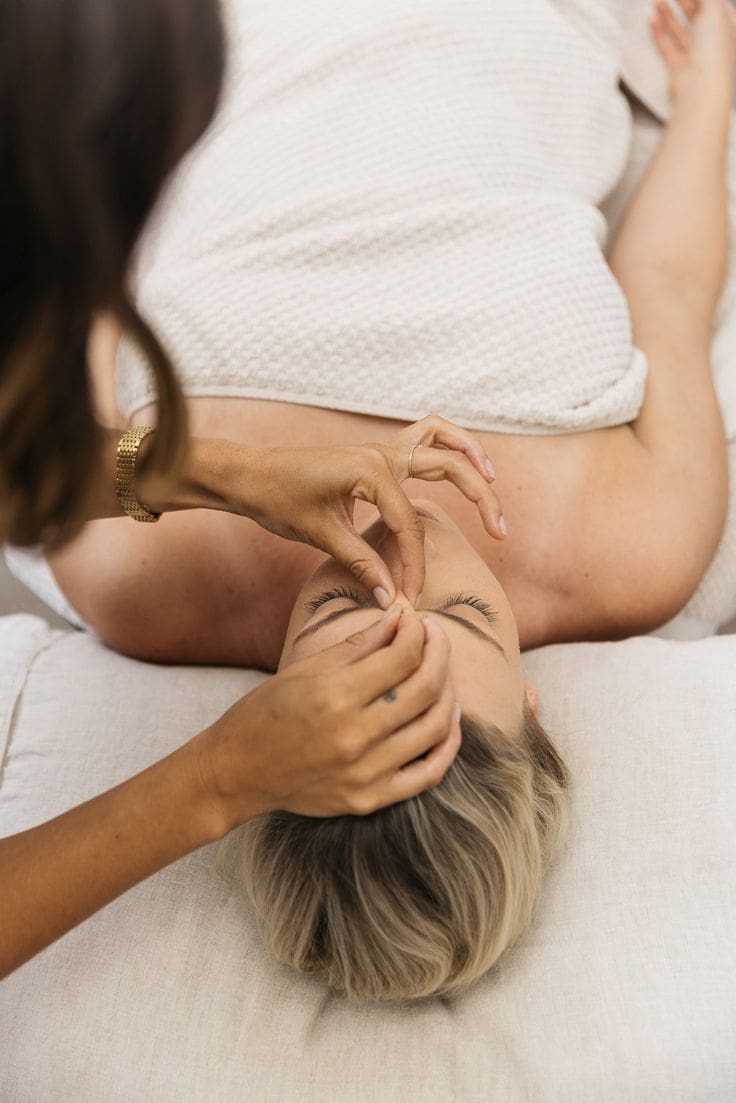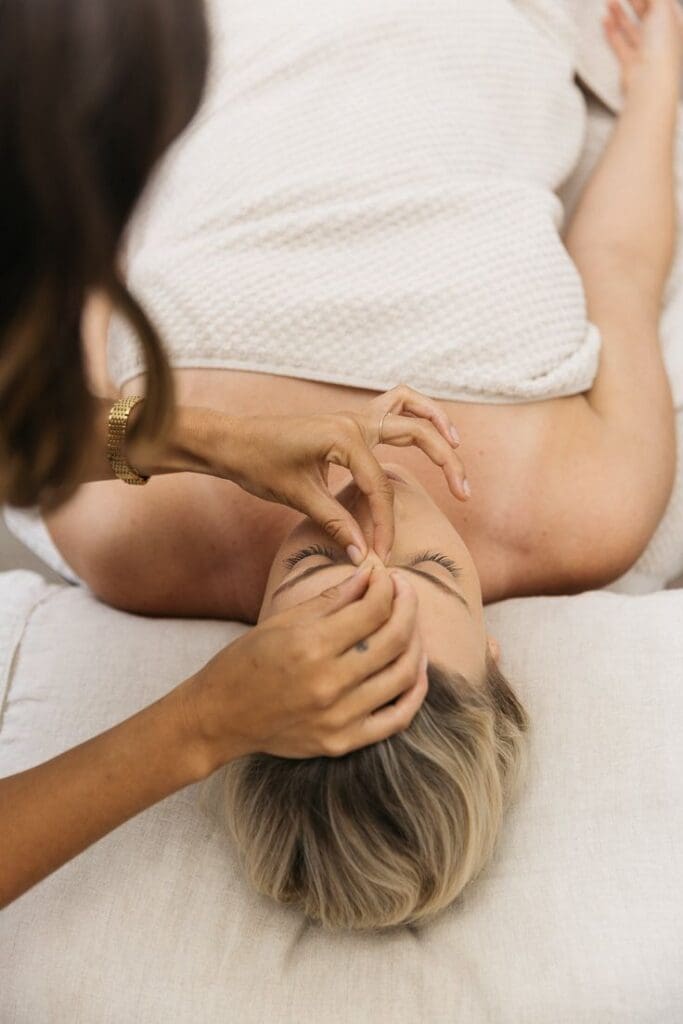Age, Fertility & Acupuncture: What Women in Their 30s & 40s Need to Know

For many women, the 30s and 40s are a time of growth in career, stability in life, and readiness for family. Yet biology doesn’t always align with personal timing. It’s well known that female fertility begins to decline in the early 30s and drops more significantly after age 35, with ovarian reserve and egg quality decreasing over time.
While age is a factor, it’s not the only one—and it doesn’t mean hope is lost. With advances in reproductive medicine and complementary therapies like acupuncture, many women in their 30s and 40s are finding new ways to support their fertility journey.
Age and Fertility: What Changes?
- Ovarian Reserve
- Women are born with all the eggs they will ever have. By the mid-30s, the quantity and quality of eggs start to decline more rapidly.
- This can make conception take longer and slightly increase the risk of miscarriage.
- Hormonal Fluctuations
- As women age, cycles may become shorter, luteal phases weaker, and hormone patterns less predictable.
- These shifts can affect ovulation timing and uterine receptivity.
- Higher Prevalence of Conditions
- Conditions like fibroids, endometriosis, and thyroid imbalances are more common in the late 30s and 40s, which can further complicate fertility.
How Acupuncture May Support Ovarian Reserve
Scientific studies suggest acupuncture can play a supportive role by:
- Improving blood flow to the ovaries and uterus, which may nourish follicles and support implantation.
- Balancing reproductive hormones such as FSH, LH, and estrogen, helping cycles stay regular.
- Reducing stress and cortisol levels, which in turn supports hormonal balance and ovulation.
- Supporting ovarian response in women undergoing assisted reproductive technologies like IVF.
A study published in Fertility and Sterility found that acupuncture improved ovarian blood flow and ovarian responsiveness in some patients preparing for IVF, suggesting it may enhance the environment for follicle development.
Lifestyle and Herbal Medicine: Working in Harmony
Acupuncture is often most effective when combined with healthy lifestyle choices and, in some cases, Chinese herbal medicine:
- Nutrition: A diet rich in whole foods, leafy greens, healthy fats, and lean proteins supports egg health. Limiting processed sugar and alcohol helps hormonal balance.
- Exercise: Moderate activity like yoga or walking improves circulation and reduces stress without overwhelming the body.
- Stress Management: Mindfulness, meditation, and acupuncture all lower stress levels, which positively impacts reproductive hormones.
- Herbal Support: Certain TCM herbal formulas, when prescribed by a licensed practitioner, may complement acupuncture to nourish blood, support kidney energy, and balance cycles.
Case Example: Finding Hope in the Late 30s
One of our patients in her late 30s came to Balance Art Acupuncture McLean after several months of trying to conceive naturally. She had irregular cycles and high stress from work. Through three months of weekly acupuncture focused on regulating her cycle and improving uterine blood flow, combined with lifestyle adjustments, her cycles became more predictable. She later conceived naturally, demonstrating how acupuncture can play a supportive role even when time feels like an obstacle.
(Note: Every patient’s experience is unique; results vary depending on individual health and circumstances.)
Why Choose Balance Art Acupuncture McLean?
- Specialized fertility support tailored for women in their 30s and 40s.
- Integration with IVF care—acupuncture before and after embryo transfer.
- Compassionate care that recognizes the emotional weight of fertility challenges.
- Insurance accepted, making natural fertility care more accessible.
Conclusion: Your Fertility Journey, Supported
Age may affect fertility, but it doesn’t define it. With the right combination of medical care, lifestyle adjustments, and acupuncture, many women in their 30s and 40s successfully conceive and start families.
👉 Book your fertility consultation at Balance Art Acupuncture McLean today and discover how acupuncture can support your journey. https://patient.unifiedpractice.com/balanceartacupuncture-mclean/booking/previous-visit
Know your care team in McLean: https://baamclean.com/about
